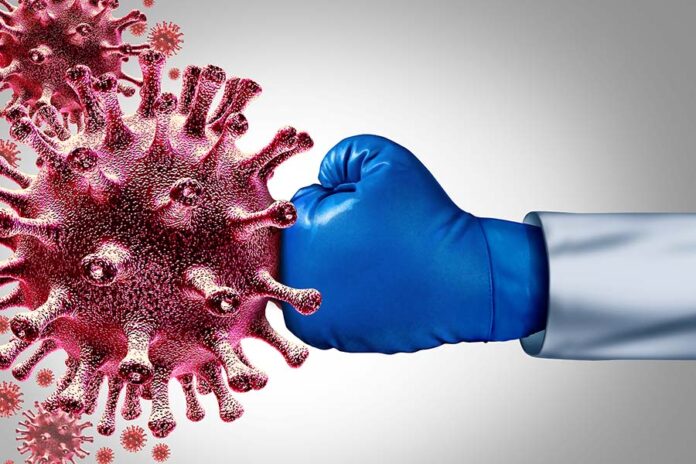Patent holders of life-saving drugs for treating covid are likely to voluntarily grant licensing to generic companies to produce the patented drugs, which are in short supply as mortality rates soar in India.
This is the likely fallout of Delhi High Court’s ruling on 20 April in Rakesh Malhotra v Govt of National Capital Territory of India and Others. The two-member bench of Justice Vipin Sanghi and Justice Rekha Palli directed the government to step in and invoke its powers of compulsory licensing under the Patent Act.
The court suggested encouraging the use of licensing to respect the commercial rights of patent holders by way of receiving licence fees while also addressing the needs of the hour, says Kanika Chaudhary Nayar, a Delhi-based partner at L&L Partners. “No directions have been issued to any pharmaceutical companies to share their intellectual property,” she adds.
The compulsory licensing provision under section 92 of the Patent Act enables the government to give a licence to other pharmaceutical companies to manufacture the drug, and grant royalty to the original patent holder, when faced with a national emergency.
The judges told the government to immediately “encourage” manufacturers, patent holders and licensees to increase the production of medicines used in the treatment of covid-19. The 11-page court order identified several drugs widely used in the treatment of the coronavirus including Tocilizumab, Favipiravir, Ivermectin, Dexamethasone, Methylprednisolone, Dalteparin, Enoxaparin, HCQ, and Baricitinib, which are said to be in short supply.
This is a positive step taken by the court, reaffirms Krrishan Singhania, managing partner and founder at K Singhania & Co in Mumbai.
“It is in the interest of pharma companies to enter into voluntary agreements and allow the manufacture of life-saving drugs under their licence, and get a royalty,” Singhania told India Business Law Journal. They should keep a check on the market demand, he adds.
Globally, government responses to the pandemic have involved commercial entities that have an incentive to innovate and create response mechanisms to ensure public health, while giving a fillip to the economy, says Nayar. The suggestions of the court vis-à-vis compulsory licensing are a similar approach, she adds.
In 2020, Gilead Sciences took the lead and entered into voluntary agreements with Indian pharmaceutical companies to manufacture Remdesivir.
This pre-emptive strategy safeguarded the multinational pharma company from the advent of compulsory licensing, especially in the wake of state governments such as Uttar Pradesh providing Remdesivir free of charge to covid patients to combat the deadly virus.
The high court recognised that patent holders invest a lot in R&D, and that the threat of compulsory licensing could have negative implications, hence it advised the government to adequately compensate the companies by way of royalty.
Although the court has directed the government “to swing into action” and exercise its powers without delay, hearings continue. The case could be transferred to the Supreme Court, as the top court has taken suo moto (on its own motion) cognizance of covid-19, Singhania says.
The government first exercised its powers under the Patent Act in March 2012. It permitted NATCO Pharma, a domestic company, to manufacture and sell the generic version of Bayer’s patented and protected anti-cancer drug, Sorafenib Tosylate, by invoking compulsory licensing.



























